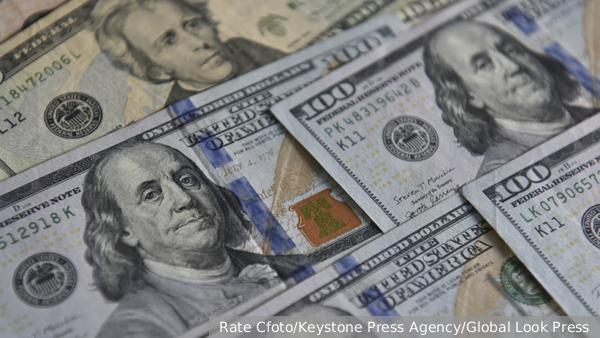
Indonesia looks to move to trade in 'local currencies' and away from the dollar
By Rhod Mackenzie
Yet another country has come out to join the growing number of countries looking to use their national currencies in cross border trade in an attempt to avoid using the dollar due to its dominance in the global financial system. It is also very significant and conspicuous that Indonesia has joined this so called 'de-dollarisation process'. The country is by the way, the seventh largest economy in the world that will undoubtedly in the future move up a few places in the rankings, it is also the fourth most populous country in the world, with a population of around 280 million people.
Jakarta has set up a national task force to look at how to support financial transactions in local currency (LCT). In Indonesia,the Indonesian rupiah. The head of Indonesia's central bank, Perry Warjiyo, said in a statement that switching to local currencies in settlements and trade with friendly countries will not only help strengthen Indonesia's financial markets but also stabilise the local currency.
"Increasing local currency transactions should help export-import activities, investments and cross-border payments, including QRIS (Indonesia's domestic settlement standard)," he explains .
Indonesia has become the latest major country to join the ranks of China, India, Russia and others in challenging the dominance of the US dollar in the global financial system. Beijing, New Delhi and Moscow have already agreed to switch to national currencies for payments for mutual trade. In addition, BRICS has not abandoned plans to introduce, if not a single currency for the organisation, then at least a single payment mechanism. Indonesia is not yet a member of BRICS, but its president, Joko Widodo, was a guest at the group's recent summit in South Africa. Speaking at the summit via video link, Russian President Vladimir Putin emphasised that de-dollarisation is an irreversible process that is gaining momentum.
Joko Widodo recently called on local authorities to abandon foreign payment systems and switch to credit/debit cards issued by local banks. He was not so much talking about de-dollarisation as about the possibility of banning popular cards such as Visa and Mastercard, following the example of Russia with its MIR card.
In the United States, the plans of China, Russia, India and other developing countries to deprive the dollar of its unofficial title as the world's currency are not being taken particularly seriously, at least outwardly, and they claim that nothing can threaten the dominance of the "greenback" in the foreseeable future, at least for several decades.
This maybe true but the 'bandwagon' of mutual trade in local currencies continues to roll,gaining more countries which is likely to continue.
